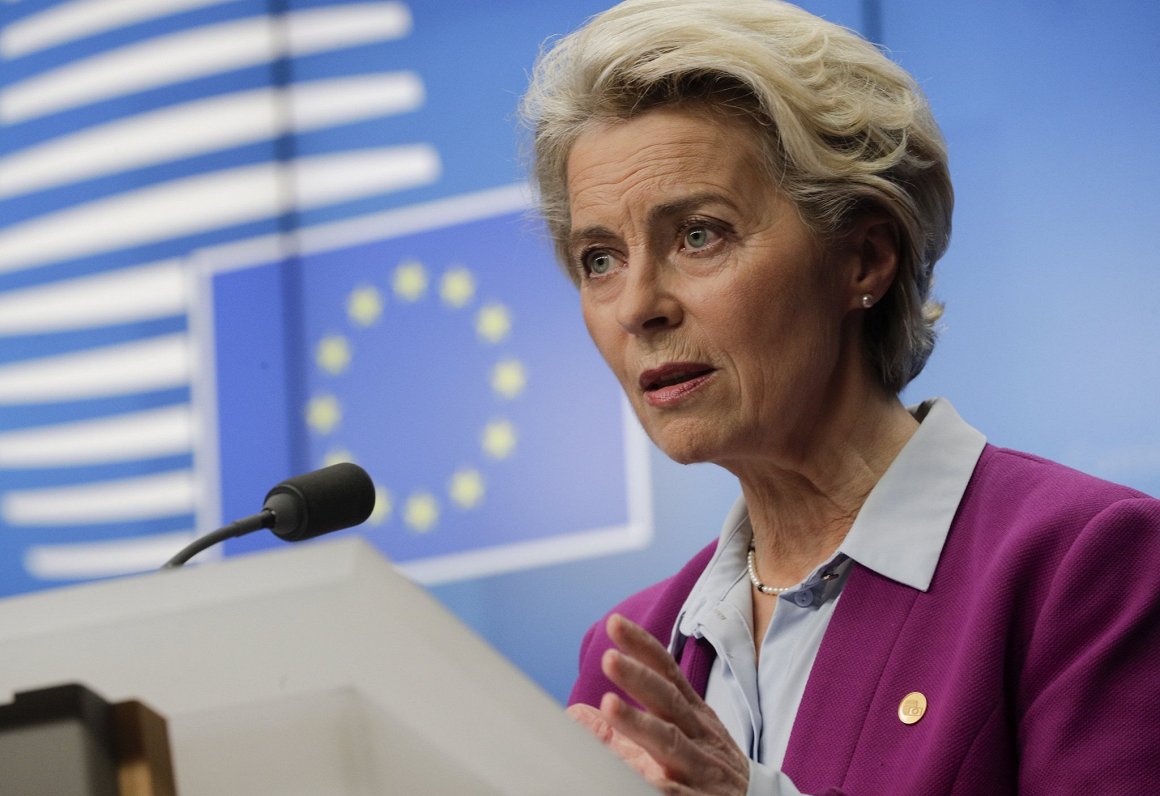In recent weeks, the rise of monkey pox in unusual regions such as Europe or America has been a cause for concern. Why does this disease, which usually spreads in Africa, bear this name?
More than two years after the outbreak of the COVID-19 pandemic, the rise of monkey pox is worrying. This disease, also known as “monkey pox”, has recently appeared in Europe and America. In recent days, many scientists have dismissed the discriminatory nature of the name “monkeypox” because the disease “isn’t really a disease associated with monkeys,” virologist Oweel Tomori told AFP, who finds the name “misleading”.
In fact, the virus is generally transmitted through contact with rodents. But if it’s so called, it’s because the Danish researchers who discovered the disease in 1958 discovered it in monkeys in their lab. Although it is a different disease than smallpox, it was called smallpox because its symptoms are similar to those of human smallpox, because of the blisters it causes. The word smallpox comes from the Latin word ‘variola’.“which means “little pimple”.
WHO wants to rename the disease
The same is true in English, where “monkey” means “monkey” and “smallpox”, plural “pock”, means “pimple”. Smallpox distinguishes blister-causing diseases such as chickenpox, which English speakers call “chicken pox.” It is for this reason that these diseases belong to the poxvirus family.
In recent days, the World Health Organization has announced its intention to rename the disease, amid concerns about the nature of the stigma associated with such a name. “Monkeys are generally associated with countries in the south, especially Africa,” study researcher Moses John Bockarie told the Australian website. Conversation† In addition, the African continent has often been the target of diseases that have spread worldwide, such as AIDS or Ebola.
Video – Europe remains the epicenter of monkeypox outbreak, according to World Health Organization
–
 –
–
“Music fanatic. Professional problem solver. Reader. Award-winning TV ninja.”
—-
–

